Philosophy of Open Science
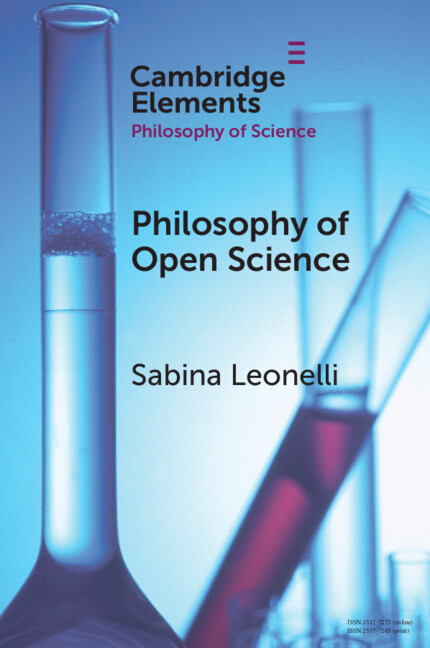
Send us a link

A summit, entitled “Accelerating the Adoption of Open Science”, took place at CERN from 10 to 14 July, bringing together representatives from 70 scientific institutions to discuss how to develop and implement open science policies across the globe.
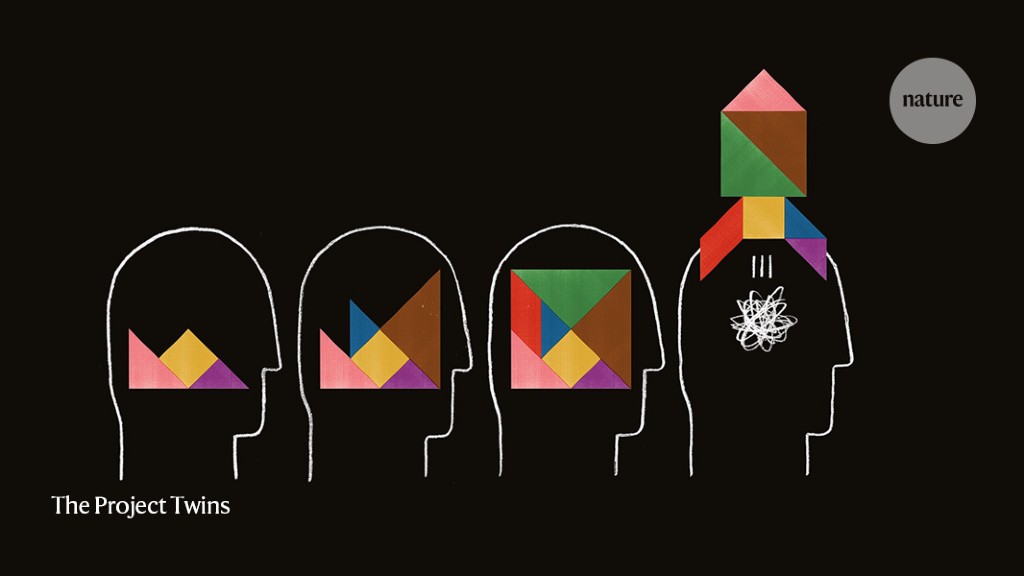
Open data sharing is critical for scientific progress. Yet, many authors refrain from sharing scientific data, even when they have promised to do so.
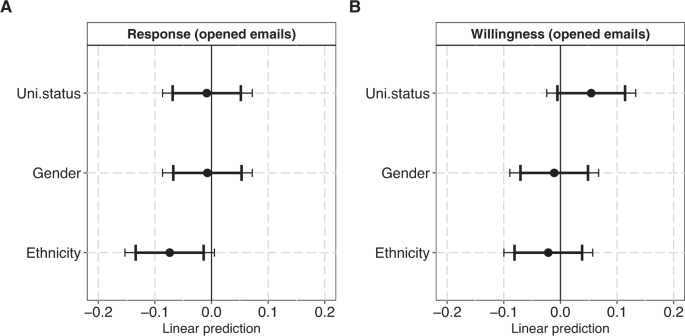
For a lot of fields other than computer science, open science is not a norm.

In celebration of the 2023 Year of Open Science, CERN and NASA are jointly organizing "Accelerating the Adoption of Open Science", a week long open science summit at CERN in Geneva, Switzerland, from 10 to 14 July 2023.
This study aims to review the open science (OS) policy documents, identify their subject areas, and distinguish the topics of OS support policies in seven European countries, providing a platform for practical cooperation between countries in science popularization.
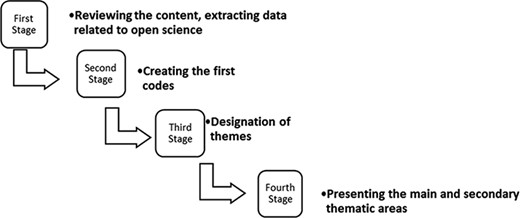
Sweden kicked off a five-month push to deepen EU cooperation on research infrastructures and open data sharing, at an informal meeting of research ministers in Stockholm on Wednesday. The six-month Swedish presidency of the EU isn't introducing new topics to the table but homing in on two that have been discussed for years: research infrastructures and open science publishing.
There are still barriers and hesitations around open research practices. The authors of this article suggest that publishers and technology platforms can better support authors and drive uptake.

Eighty stakeholders from twenty major biomedical research institutions across the globe have agreed upon a list of 19 open science practices to be implemented and monitored.
Switzerland and other rich countries want to maintain privileged access to vaccines and life-saving treatments - putting global public health at risk.
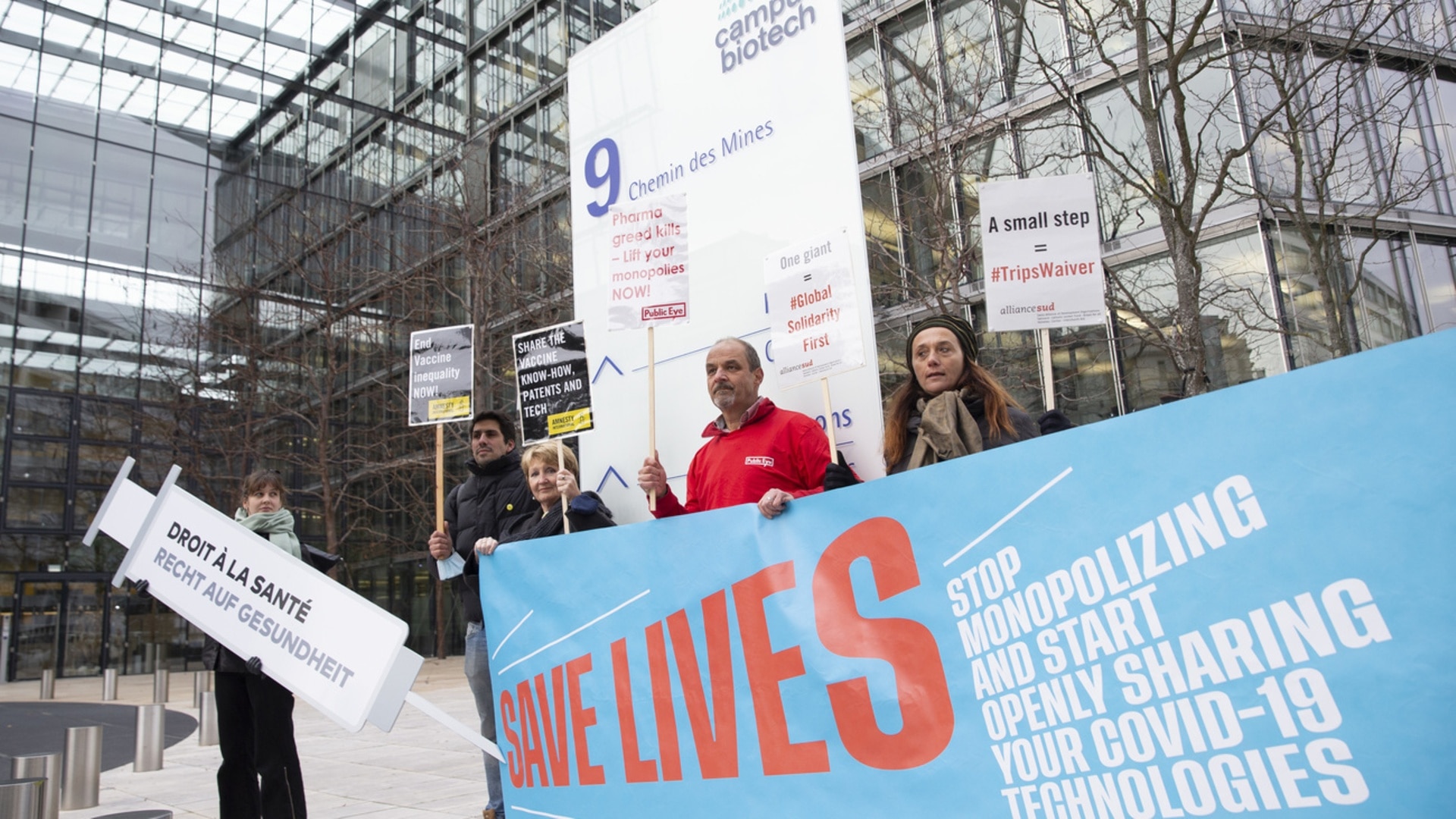
Iain Hrynaszkiewicz discusses PLOS's Open Science Indicators initiatives and shares initial results.
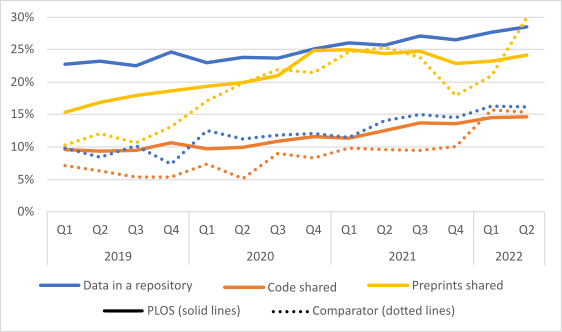
This literature review aims to examine the approach given to open science policy in the different studies.
A new open access charter by Lero, the SFI research centre for software, aims to make publicly-funded research in Ireland openly available.

Research software is a fundamental and vital part of research, yet significant challenges to discoverability, productivity, quality, reproducibility, and sustainability exist.
The Science family of journals will soon allow authors to publicly share manuscripts more widely without incurring fees.

Science Europe is organising a conference on Open Science. Institutional leaders, researchers at all stages of their careers, and experts from the field are invited to this event to discuss whether Open Science is ready to become the norm in research, and how to ensure an equitable transition.

The CERN Council established a new open science policy for the organisation with immediate effect during its 209th Session in September.
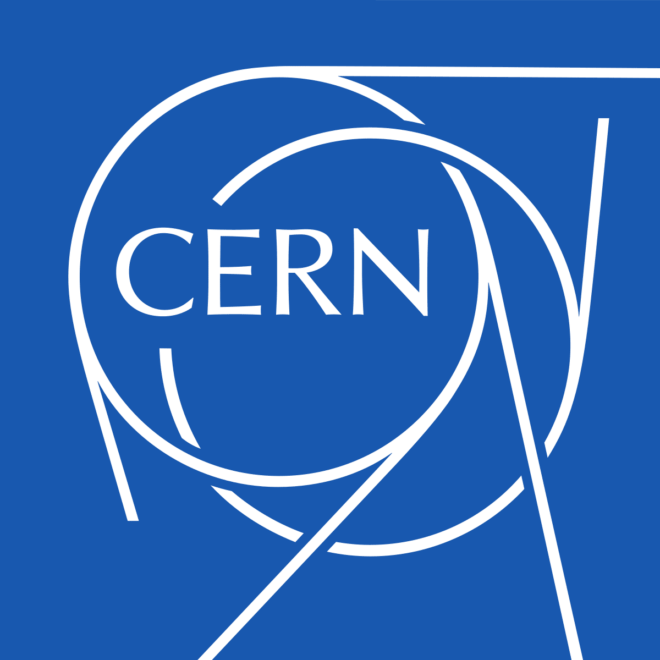
During its 209th Session in September, the CERN Council approved a new policy for open science at the Organization, with immediate effect.
Research Information spoke to four experts in the field about the ongoing move to open science, and the challenges that have emerged in an increasingly complex open-science ecosystem.
Beyond ideological boundaries, the Open Science movement should address the question of whether and, if so, under which framework conditions “closeness” can be appropriate in global, political crises. Openness must not be abused to place sanctions in global, political crises by closing open offers.

The policy, hailed by researchers as “transformational,” will be fully in place by 2026 and make publicly financed research available immediately at no cost.
Within the scientific community, the words "open science" have been on everyone's lips in recent years. Open science entails a great promise of a democracy of knowledge, and it is considered to be a universally good thing.

The shift to 'open' working across the social sciences as a discipline group entails a welcome but demanding cultural change - but have there been false starts along the way?

A coalition of research funders has been advocating for free, unrestricted access to publications since 2018. The SNSF is now joining them and adapting its Open Access requirements.

The open science movement pushes for making scientific knowledge quickly accessible to all. But a new paper warns that speed can come at a cost.

This post looks at the progress that's been made toward open research data -- what's been achieved, what still needs work, and what happens next?
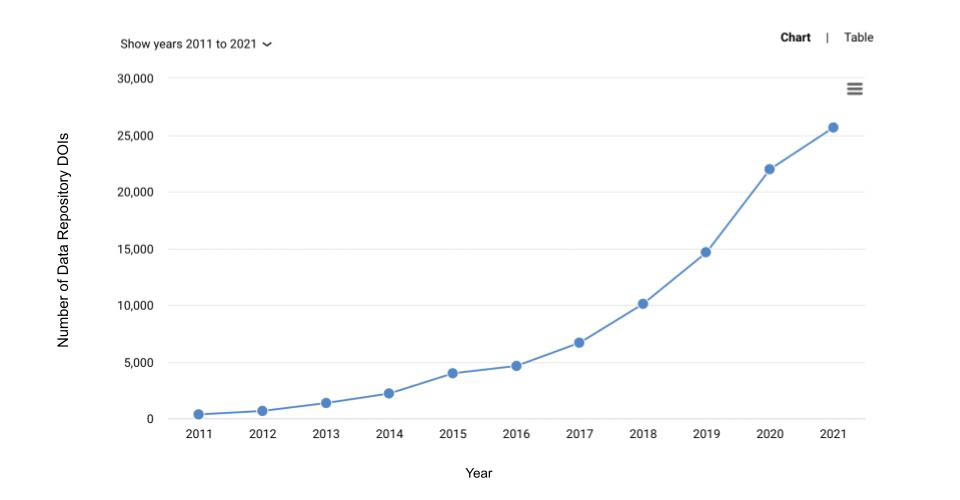
In order to get funding from the National Institutes of Health, researchers now need a plan for sharing and managing their data.
With a goal of making scientific knowledge more freely available to researchers and the public, Open Research Europe (ORE) has spent the first year of its existence establishing its profile and winning over the scientific community.
